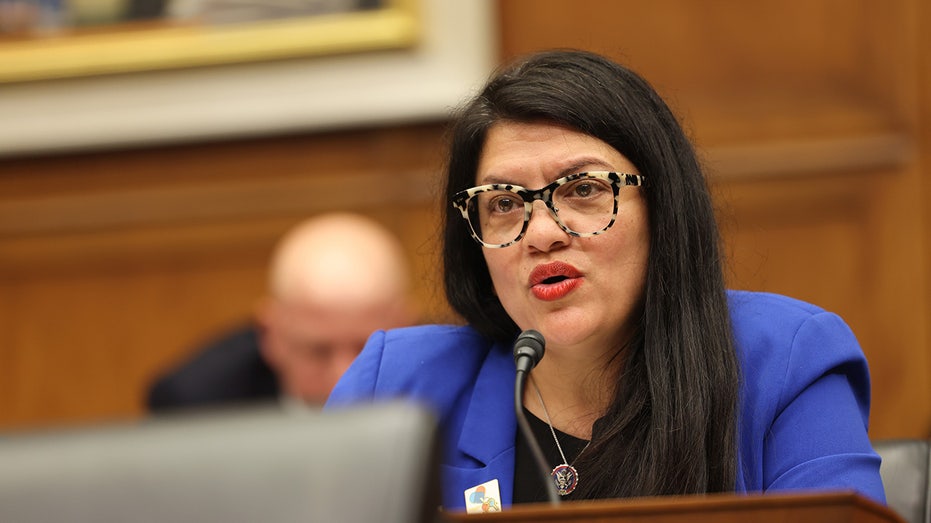The tentative steps toward reopening the government offer little immediate relief for travelers. Aviation officials are bracing for a ripple effect that could easily extend into the peak holiday season, a stark reminder of the fragility of the nation’s air travel system.
Restoring order won’t be a simple flick of a switch. Rebuilding flight schedules, recalling furloughed staff, and, crucially, regaining the trust of a shaken public will demand weeks of focused effort. The recent shutdown exposed how swiftly political impasse can ground the country.
The impact has been acutely felt at major transportation hubs. Chicago O'Hare, Newark Liberty, and Atlanta’s Hartsfield-Jackson airports bore the heaviest burden of delays and cancellations as the shutdown lingered. These core airports became ground zero for the disruption.
The numbers paint a grim picture. Between Sunday and mid-afternoon Wednesday, over 26,000 flights across the United States experienced delays, and another 7,500 were outright canceled. The scale of the disruption is staggering.
Among the four largest airlines – Southwest, United, American, and Delta – Southwest recorded the most delays nationwide this week. Delta, however, led in total cancellations, highlighting the varied ways the shutdown impacted carriers.
Southwest alone reported over 9,000 delays, while Delta canceled more than 1,300 flights. These figures represent not just numbers, but countless disrupted journeys and frustrated travelers. The human cost is significant.
The shutdown exacerbated an existing problem: a critical shortage of air traffic controllers. Even before the political stalemate, the FAA was down roughly 3,000 controllers. Now, 13,000 controllers and 50,000 TSA agents are working without pay.
This strain on personnel, combined with broader staffing shortages, has created a cascading effect of delays. Airline estimates suggest over 3.2 million passengers have been affected, their travel plans thrown into chaos.
The situation underscores a fundamental vulnerability. The nation’s airways, a vital artery of commerce and connection, are demonstrably susceptible to the consequences of political dysfunction. The recovery will be a long and arduous process.






